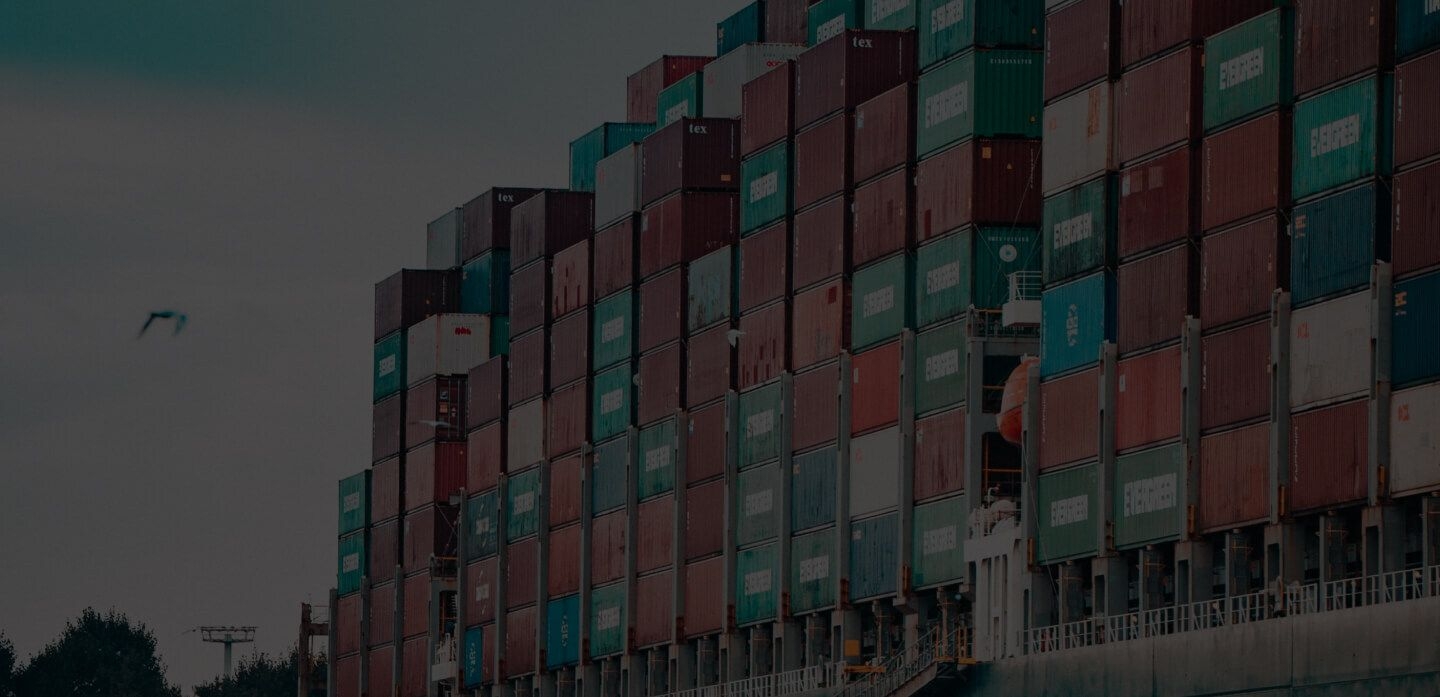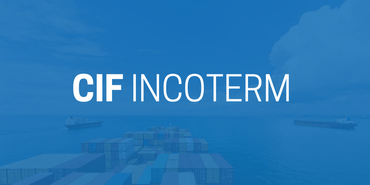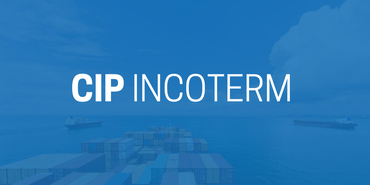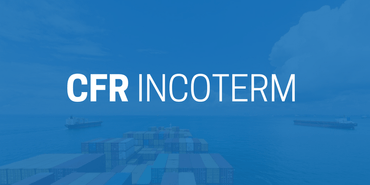
CPT Incoterm (Carriage Paid To) - Use and Meaning



![]()
What is the CPT Incoterm (Carriage Paid To)
Under the CPT Incoterm or “Carriage Paid To”, the seller is responsible for bringing the goods to destination. Unlike some other Incoterms, the transfer of risk is made when the goods have been handed over to the carrier. However, the seller is responsible for contract for the carriage of the goods from delivery to the agreed final destination.
The CPT Incoterm is versatile as it can be used for all modes of transportation and may also be used where more than one mode of transport is employed.
Seller’s general obligations under the CPT Incoterm
- Checking operations (quality, measuring, weighing, counting…); packaging and marking (unless special conditions exist due to the nature of the goods)
- Hand over the goods to the carrier contracted by the seller along with the usual transport documents or those required by the nature of the transaction at the designated point of delivery and at the allocated date
- Bear risks of loss or damage until delivery
- Contract of carriage until the agreed destination
- Clear goods for export and assist the buyer in obtaining documents and information related to import clearance
- Provide the goods and commercial invoice in conformity with the contract of sale as well as notify the buyer of delivery and provide the buyer with any notice required to receive the goods
- The seller is under no obligation to make a contract of insurance but is obliged to provide information if the buyer requires it to obtain insurance
Buyer’s general obligations under the CPT Incoterm
- Pay the price of the goods as stated in the contract of sale
- Bear all risks of loss or damage from the time the goods have been handed over to the carrier by the seller
- Clear goods for import and assist the seller with export clearance
- If agreed, give the seller sufficient notice on the time for dispatching the goods and/or receiving them
- The buyer is under no obligation to make a contract of insurance
Transfer of risks under the CPT Incoterm
In CPT, it is paramount to identify the place or point of delivery and destination with precision.
The point of delivery is particularly important since it will also be the point in time in which the goods are handed over to the carrier and risk is transferred to the buyer. If it hasn’t been previously determined, the buyer will have no control as to where this is done. Nevertheless, should the transaction involve more than one carrier (as is the case with string sales), the risk transfer can be done at a later or even earlier stage by specifying it previously in the contract of sale.
It is also strongly recommended that both parties identify the destination place as this is the point to which the seller must contract for carriage and also the point until the costs of carriage fall on the seller.
Allocation of costs under the CPT Incoterm
According to the CPT Incoterm, the seller must pay for:
- All costs relating to the goods until they have been handed over to the carrier
- Costs of loading the goods and transport-related security costs
- If applicable under the contract of carriage: any charges for unloading at destination, costs of transit and those associated with providing usual proof of delivery to the buyer
- Export clearance and other costs related to obtaining documents or information for import clearance
The following costs are to be covered by the buyer:
- All costs incurred after delivery (except those assigned to seller as previously detailed)
- All charges of transit and unloading not included in the seller’s contract of carriage
- Costs and charges related to providing assistance in obtaining document or information for insurance and/or import clearance purposes
- Any additional cost resulting from not notifying the seller with sufficient time of exact date and place for dispatching and receiving the goods
Related Articles


